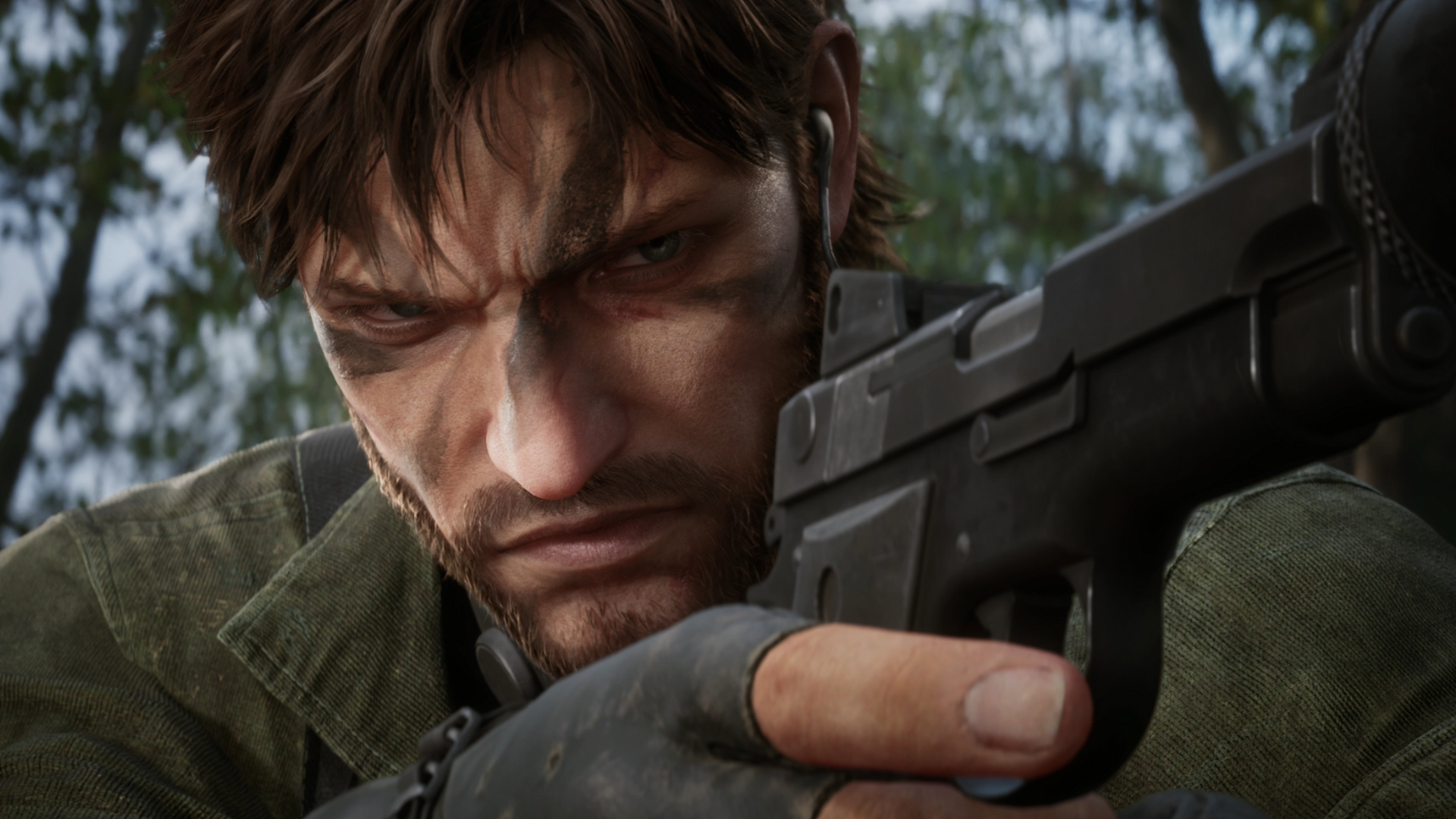
As a long-time fan of the Metal Gear Solid series, I find myself torn between excitement and apprehension regarding the upcoming remake, Metal Gear Solid Delta: Snake Eater. On one hand, I appreciate Konami’s commitment to staying true to the original game, a decision that is undoubtedly driven by their respect for the franchise’s history and legacy. However, as someone who has spent countless hours navigating loading screens in the original game, I can’t help but wonder if we’re not taking a step back instead of forward with this design choice.
The reboot of Metal Gear Solid Delta: Snake Eater has been looking more and more impressive with each sneak peek from Konami. One aspect that’s boosted fans’ trust in its development is its strong adherence to the original game. However, while this loyalty to the source material is undoubtedly a plus for many, given the franchise’s long-awaited return, some have pondered if perhaps it’s playing things a bit too conservatively.
Similar to the original version, it has been confirmed that the upcoming remake will use loading screens to separate its different areas instead of providing a seamless gaming experience from start to finish. This approach has taken many by surprise and some have questioned whether this design is outdated for modern stealth games. However, those working on the remake have provided some insight into why Konami chose this method for their project.
In a recent episode of Konami’s “Production Hotline”, series producer Noriaku Okamura discussed the criticism surrounding Metal Gear Solid Delta for being overly similar to its predecessor. Despite debates within the team about whether to stick closely to the original design, they chose to remain true to the original game’s concept to preserve the gaming experience as intended, minimizing changes.
He noted, “I’d like to share some thoughts on why this version is so true-to-origin and the discussions we had regarding it.” When people question if there could have been enhancements such as, “Why wasn’t it made better by adding more elements?” or “Wouldn’t a modern take with greater freedom be preferable?”, he acknowledged their perspective. In fact, during the early development stages, this was a highly debated topic among us.
In essence, we found that certain aspects of the game design in Metal Gear Solid 3: Snake Eater made it so that actions within one area didn’t impact other areas. This might seem outdated, but it was intentional as this structure dictated the rhythm and pace of the gameplay. Altering such a fundamental design would have transformed the entire game, which wasn’t in line with our project’s vision. So, we opted to stay true to the original design rather than attempting a complete overhaul.
Okamura further noted that while the remake has drawn some criticism regarding its accuracy, it’s also been praised in numerous instances for maintaining a high level of fidelity.
As a fellow gamer, I’d say, “You know, I truly believe that the best way to figure out if a game’s approach is working for you is by giving it a spin yourself.
In contrast to making significant alterations to the narrative and game structure, Metal Gear Solid Delta is planned to incorporate several enhancements aimed at improving player experience. These include a compass for navigation and a quick-dial feature for the codec, along with Quality and Performance mode options.
As a gaming enthusiast, I’m thrilled to share that the legendary game, Metal Gear Solid Delta: Snake Eater, is being developed for the PS5, Xbox Series X/S, and PC! Konami has officially confirmed that we can get our hands on it during TGS later this month. Can’t wait to dive back into the world of stealth and espionage!
Read More
- Gold Rate Forecast
- PI PREDICTION. PI cryptocurrency
- Rick and Morty Season 8: Release Date SHOCK!
- SteelSeries reveals new Arctis Nova 3 Wireless headset series for Xbox, PlayStation, Nintendo Switch, and PC
- Masters Toronto 2025: Everything You Need to Know
- We Loved Both of These Classic Sci-Fi Films (But They’re Pretty Much the Same Movie)
- Discover Ryan Gosling & Emma Stone’s Hidden Movie Trilogy You Never Knew About!
- Discover the New Psion Subclasses in D&D’s Latest Unearthed Arcana!
- Linkin Park Albums in Order: Full Tracklists and Secrets Revealed
- Mission: Impossible 8 Reveals Shocking Truth But Leaves Fans with Unanswered Questions!
2024-09-11 03:41